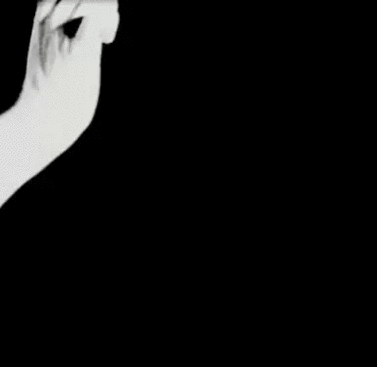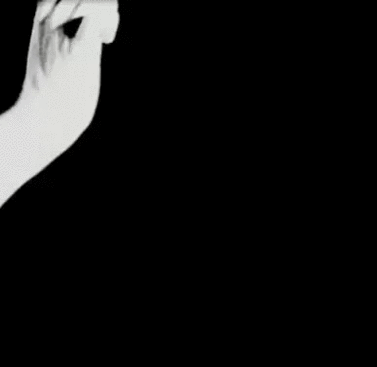TimeToPlaySets
Legend
Today, I saw two things posted to TTW that caught my attention.
The first was that winning rec tennis is about consistency that was attributed to Allen Fox.
I agree. You simply can not win the point if you hit the ball out or net.
(pushing like Murray and Hewitt wins Slams)
The 2nd was in in someone's sig
"...the human emotional system was not designed to endure the mental rigors of a tennis match." Dr. Allen Fox
Both are insightful statements.
Any Allen Fox fans here?
Can we discuss his books, articles, and videos ?
The first was that winning rec tennis is about consistency that was attributed to Allen Fox.
I agree. You simply can not win the point if you hit the ball out or net.
(pushing like Murray and Hewitt wins Slams)
The 2nd was in in someone's sig
"...the human emotional system was not designed to endure the mental rigors of a tennis match." Dr. Allen Fox
Both are insightful statements.
Any Allen Fox fans here?
Can we discuss his books, articles, and videos ?



